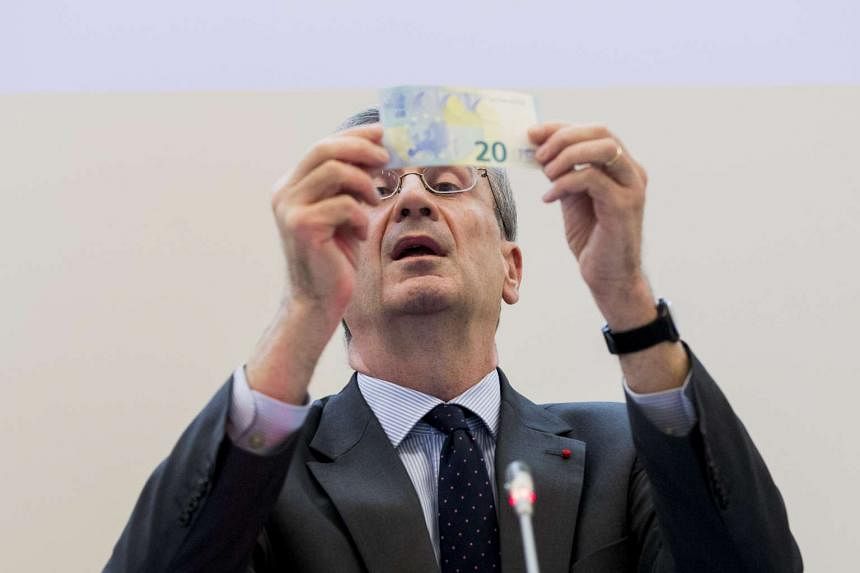LONDON/WASHINGTON • Investors around the world are bracing for a series of important data, to be released over the next two weeks, expected to trigger markets and set the course for global markets into next year.
European Central Bank (ECB) president Mario Draghi is widely expected to boost the central bank's contested bond-buying programme today given low inflation levels across the 19 countries that share the euro.
On the other side of the Atlantic, United States Fed chair Janet Yellen, who has been at pains to emphasise the Fed's gradual approach to normalising interest rates, will discuss the economy twice in two days, as the central bank prepares to hike rates during its final policy meeting to be held in two weeks' time.
Data to be released in the next two days - which includes Fed's Beige Book, giving a guide to the pace of growth across the US, and the private payrolls tally - is expected to show positive outcome which will only raise expectations of a rate hike.
-
Important events
-
TODAY
European Central Bank (ECB) is to announce its interest rates, which are at record low. ECB chief Mario Draghi is expected to announce a fresh round of economic stimulus.
TOMORROW
The United States will announce jobs data and balance of trade data.
TOMORROW
Opec will gather in Austria, with delegates expecting a tough meeting.
NEXT THURSDAY
The Bank of England will announce interest rate decision. It is expected to wait until next year to raise rates from 0.5 per cent.
DEC 15 TO 16
US Fed chair Janet Yellen will chair the final two-day policy meeting of the Federal Open Market Committee, during which a rate hike may be approved. A hike will raise cost of borrowing in dollars.
Meanwhile, Opec nations are also gathering in Vienna this week and while Saudi Arabia, its biggest producer, has pledged to listen to other members, the group has shown few signs of trimming oil output even as prices tumble.
It is no surprise then that investors are focused on the prospect of further divergence in global monetary policy amid speculation the ECB will expand stimulus just as the US Federal Reserve moves closer to lift-off.
"Rarely is there such a confluence of events in a short period that will have far-reaching implications for investors that are known ahead of time and have been discussed so extensively,'' Mr Marc Chandler of Brown Brothers Harriman told the Financial Times on Monday.
Europe's 19-nation shared currency approached its weakest level since April and the region's equities rose towards a three-month high as the consumer-price data boosted the argument for extra monetary stimulus from the ECB.
Currencies, stocks and bonds in developing economies are headed for a third year of losses on concern that higher US rates will trigger outflows as China's slowdown curbs demand for raw materials.
Crude slipped before the Opec countries set output targets tomorrow, with Brent crude down 60 cents at US$43.84 a barrel, falling for a fifth consecutive session.
US crude traded 47 cents down at US$41.38 a barrel.
Emerging equity and bond markets suffered US$3.5 billion (S$4.9 billion) in outflows last month, with capital exodus resuming after the previous month's brief respite, data from the Institute of International Finance (IIF) showed.
The group said emerging markets have seen investor flight in four of the past five months.
"Rise in expectations for a December rate hike seems to have been a catalyst for a further retrenchment from EMs (emerging markets)," the IIF said.
The lack of clarity on US rates is holding back markets and buying should come back to emerging markets once Fed risks subside, Franklin Templeton's Mr Mark Mobius said in an interview to Bloomberg TV India on Tuesday.
"Investors are cautious before the ECB, the Fed, Opec," said Ms Hertta Alava, analyst at FIM Asset Management in Helsinki.

